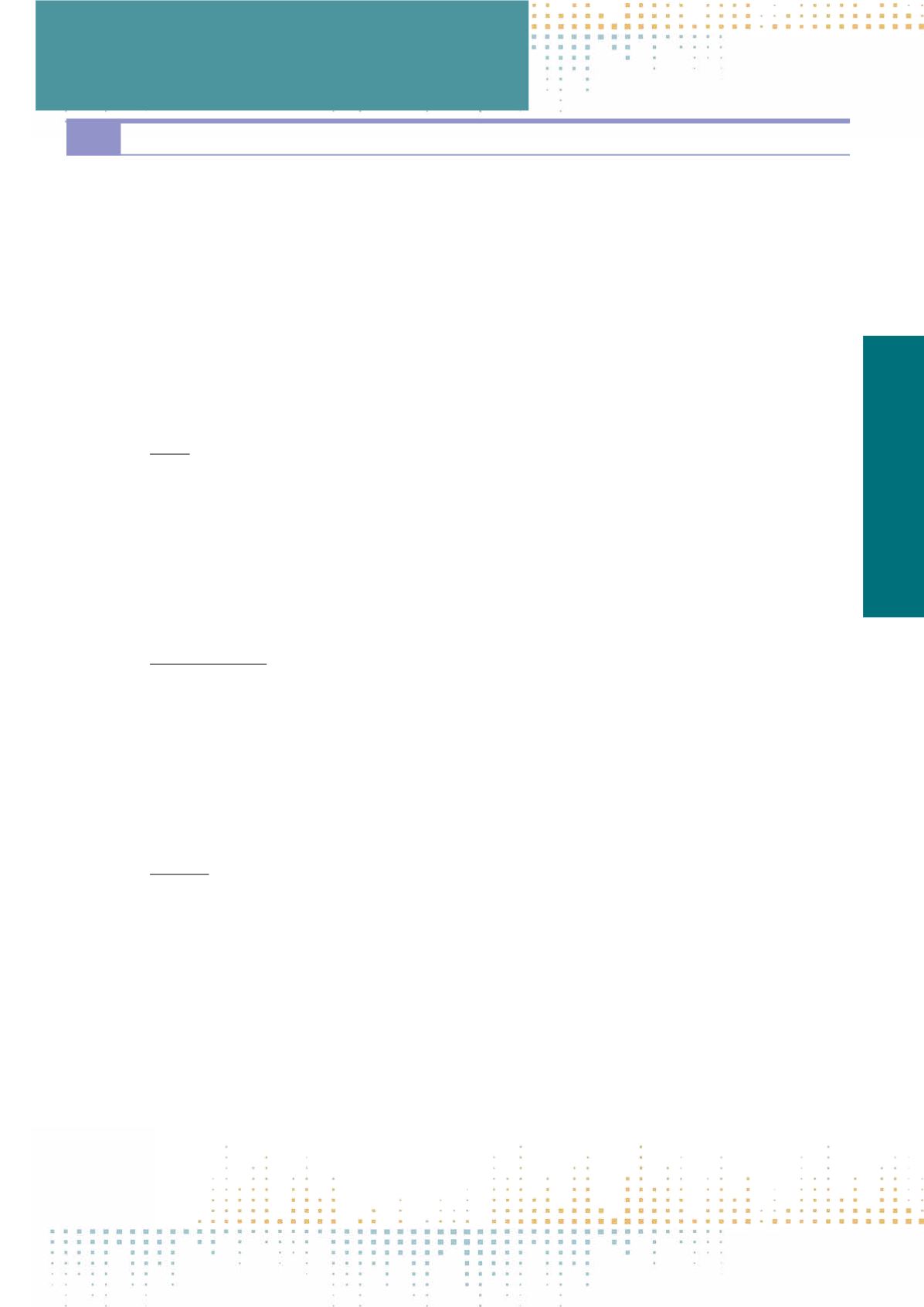

607
Thursday, November 10
1 6 : 3 0 – 1 8 : 0 0
CEE01
Roundtable: Communication andMedia Studies in CEE: Past, Present and Future
Z. Perusko
1
1
University of Zagreb, Zagreb, Croatia
What is the state of the discipline of communication and media studies in CEE today?What are the topics, theories and research methods that predominate?
More than a quarter century after democratic changes, communication and media studies in Central and Eastern Europe are a growing field, starting to
be recognized across Europe. While the impact of CEE scholars is still small, and their work hardly visible in the European or international academic arena,
the academic community of communication and media scholars is starting to focus on itself to study and understand its history and contemporary areas
of research focus, supported to a great degree by the CEECOM conference and the ECREA CEE Network. While media institutions and journalistic practices
developed in the CEE Europe in comparable historical times, albeit influenced by a different political and economic framework, the academic discipline did
not develop under socialism in all the countries equally, as some communist regimes were more restrictive then others in allowing development of social
sciences. Thus in some CEE countries, the discipline started to develop, or to communicate with the accumulated disciplinary knowledge, only after 1990.
With this Round Table, we wish to focus our attention and discussion on disciplinary developments in CEE academia both in terms of its contemporary
interests and research practices in terms of the institutional and cognitive histories of communication and media studies, including journalism studies, in
socialist and post-socialist times.
PN 149
Stepping Out of the Shadow: Internationalizing Communication Research in CEE
V. Štětka
1
1
Loughborough University, Loughborough, United Kingdom
While Central and Eastern Europe has been getting increasingly more visible on the map of international media and communication scholarship in the re‑
cent years, academic research originating in this region is still characterized by a notable structural gap when compared with theWest, particularly when it
comes to the ability of CEE scholars to break into the top-ranked academic journals in the field. My presentation will try to shed more light on this issue by
elaborating on a pilot study of the publication output of CEE-based authors in communication journals indexed in the Web of Science over the last decade,
with particular respect to genres and topics of articles, types of methodologies and forms of authorship. Based on this preliminary analysis, I will further
discuss the existing publication challenges faced by the CEE authors as well as some more promising trends and strategies with the potential to bridge
the gap and increase the international impact of CEE communication research in the future.
PN 150
Communication and Media Research in Poland
M. Winiarska-Brodowska
1
1
Jagiellonian University, Krakow, Poland
The purpose of this paper is to present the development of media and communication studies in most important academic centres in Poland. Taking into
account the specific political and economic circumstances it describes the process of establishing the foundations of the Polish media and communication
research and its traditions. The presentation aims at analyzing the role of Polish institutions such as the Press Research Centre in Krakow in the exchange
of ideas among researchers from Central and Eastern Europe as well as their contribution to the flow of theoretical and methodological concepts between
the countries of the East and the West. It examines institutional changes in the field throughout last decades, especially concentrating on the period after
1989. The paper introduces different trends and research orientations in Polish academia. It also discusses contemporary challenges that need to be faced
by researches who explore press, radio, television and internet in Poland.
PN 151
Russian Journalism and Media Studies: Moving to Global Academia
E. Vartanova
1
1
Lomonosov Moscow State University, Moscow, Russia
The paper is aimed to summarize the changes in academic approaches to the journalism and media in Russia in 1990s-2010s, to discuss trends in transition
of media studies within the Russian academia and to analyze specific features of the national media research school.The transformation of post-Soviet jour‑
nalism and media studies had been a very complex and uneasy process. The core problem was a clash of ideological and instrumental nature of the Soviet
propaganda, professional standards adopted from theWestern journalism by new generations of media professionals and development of media as a part
of Russian hybrid market-state economy. Theories imported from the Western discourses became the most influential factor in changing media landscape
at the first stage of transformation in early 1990s. The second stage, in the late 1990s, has been characterized by national contextualization of imported
concepts and methodologies. It was also characterized by the growing importance of applied research inspired by the growth of media industry and adver‑
tising market. From the early 2000s, the national school of media studies began to converge 'Western' influences, local reflections and national sociocultural
traditions. Currently, in 2010s, Russian media research enters a new phase of shaping modern vectors of national media studies by integrating the global
and the national, the new and the old and by trying to establish new paradigms of analysis for a hybrid media system and convergent journalism.
Network – Central and East‑European
Network
(CEE01)



















